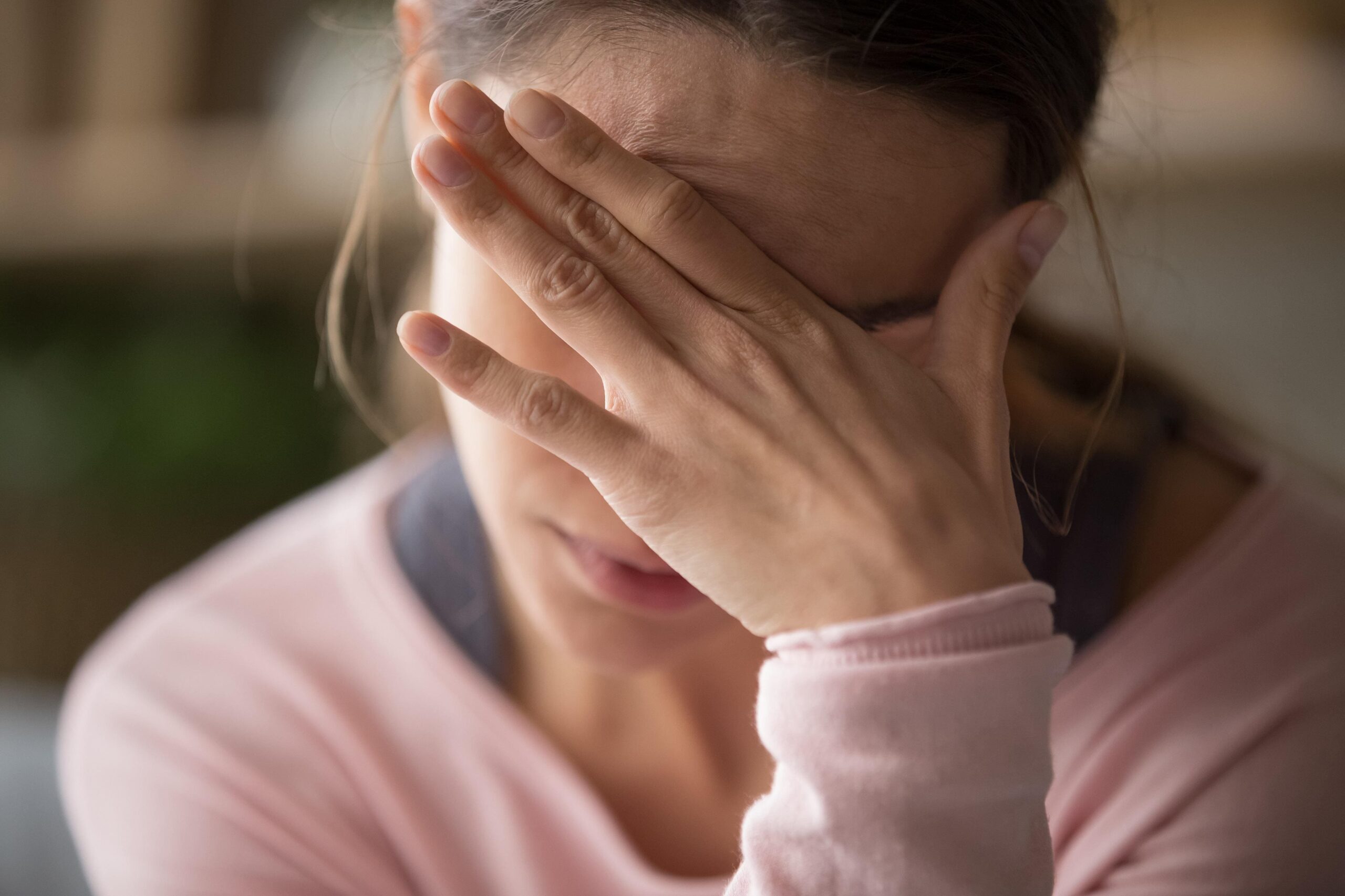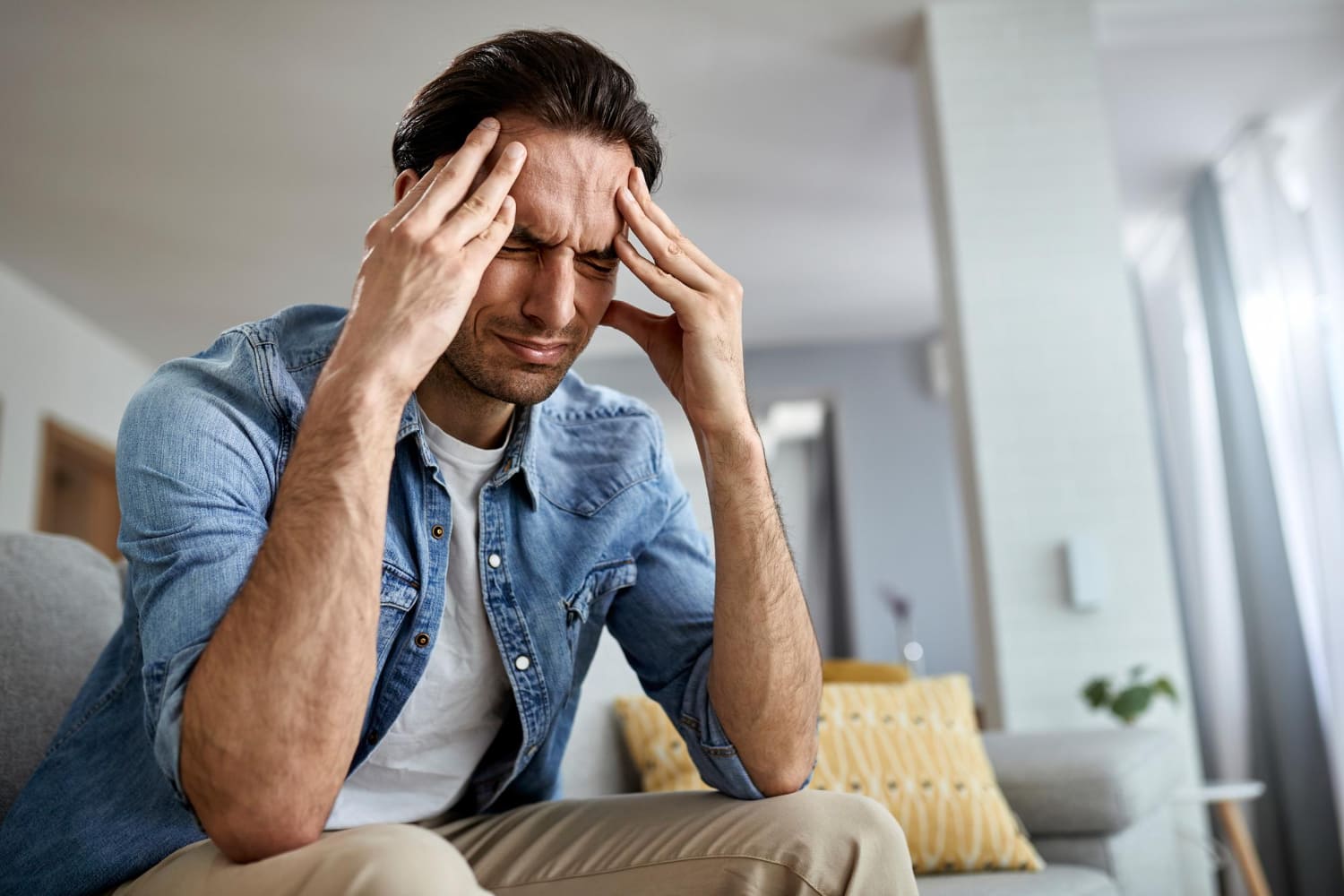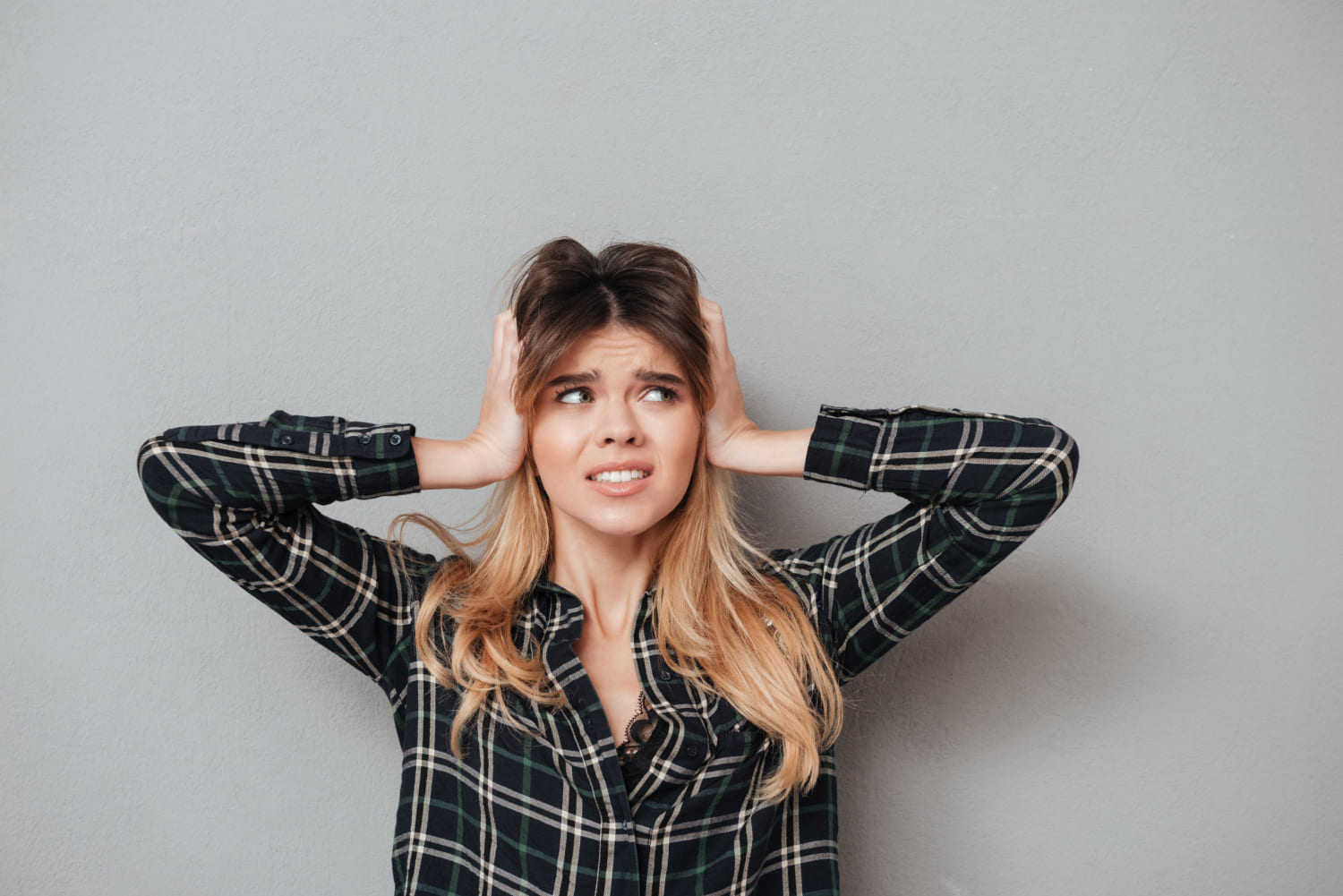If your child’s performance in exams has dropped or their behavior has changed, it’s natural to feel concerned and worried. It might be time to consider their mental health, as psychiatrists suggest that these signs could indicate an anxiety disorder. Anxiety disorders are quite common but are often overlooked or misinterpreted in children and teenagers. The good news is that with the right treatment, including medications and therapies, these disorders can be effectively managed.
Recognizing anxiety disorders early is crucial because many mental health issues in adults first appear in childhood as anxiety. Addressing these issues early can prevent more significant problems in the future.
How Can Parents Recognize Anxiety in Their Child?
A certain level of anxiety is normal for children. It’s natural for them to feel nervous in new situations, when talking to strangers, or when confronted with fears like darkness, thieves, or animals. However, anxiety becomes a disorder when these feelings become overwhelming and interfere with daily life.
Anxiety disorders can manifest in various ways, and the symptoms can differ from child to child. One of the most common types is Generalized Anxiety Disorder (GAD), which may present with symptoms like:
- Restlessness or feeling on edge
- Fatigue
- Constant worrying
- Irritability
- Difficulty relaxing
- Trouble concentrating or a mind that goes blank
- Muscle tension
- Problems falling or staying asleep
- Specific fears and social anxiety
- Excessive worry about future events
- Frequent headaches or stomachaches
Some children might have GAD and still perform well in school, but the disorder can still cause significant distress. Another type of anxiety, “exam anxiety” or “test anxiety,” often appears around exam time, causing symptoms of fear and worry about failure.
What Causes Anxiety Disorders?
There are several potential causes of anxiety disorders in children. In about half of the cases, there is a strong genetic component. Anxiety can also be learned behavior, especially if a child is surrounded by adults who are often anxious or worried. For instance, a child with a parent who worries excessively may also develop similar tendencies. Environmental factors, like exposure to domestic or social violence, can also contribute to anxiety. Traumatic experiences, such as the death of a loved one, can trigger anxiety as well.
Homeopathic Treatment for Anxiety Disorders
Homeopathy offers effective treatment options for anxiety disorders in children and adolescents. Treatment is based on a thorough evaluation of the child’s symptoms and their intensity. Homeopathic remedies are chosen based on each individual’s unique symptoms, as every case is different.
In homeopathy, understanding the underlying causes of anxiety is often more important than the symptoms themselves. A clear identification of these causes can lead to faster and more effective treatment.
For children who experience acute anxiety or fear before exams, homeopathic remedies like Gelsemium and Argentum Nitricum can provide significant relief, helping to ease their worries and calm their nerves quickly.
If you notice signs of anxiety in your child, it’s essential to seek support and consider all available treatment options to ensure they get the help they need.



